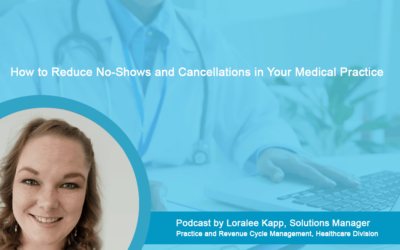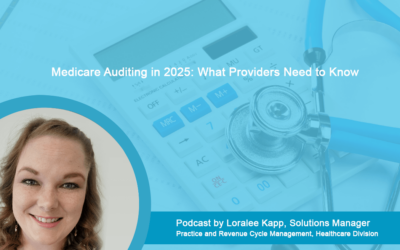Specialized in providing medical billing and coding solutions for healthcare providers, Outsource Strategies International is an experienced hand in the industry. We aim to ensure excellence in service for our clients while keeping the costs low and return on investment high.
In today’s podcast, Natalie Tornese, one of the Senior Solutions Managers at OSI, provides more details about medical coding for Gastroenteritis.
Listen to this podcast!
Read Transcript
Hello everyone and welcome to our podcast series. My name is Natalie Tornese and I’m a Senior Solutions Manager with Outsource Strategies International. I wanted to talk about medical coding for Gastroenteritis.
Gastroenteritis is the inflammation of the lining of the stomach and small and large intestines caused by a viral, bacterial, or parasitic infection. Also called stomach flu, this condition often occurs through infection which spreads through contaminated food or water and contact with an infected person. The infection causes the digestive tract to become irritated resulting in diarrhea and other symptoms such as vomiting, abdominal pain and cramping. It normally lasts for a few days and doesn’t require any medication. Treatment for this condition initially begins with self-care measures. The best prevention is perhaps personal hygiene like avoiding food and water that may be contaminated and frequent hand washing.
Reports suggest that viral gastroenteritis is the second most common illness in the United States. It may be caused by viruses (such as rotavirus or norovirus infections), bacteria (including salmonella), parasites (such as giardia), chemicals (such as toxins in poisonous mushrooms) and toxins produced by bacteria. It can affect people of all age groups, but is primarily common in young children and older adults with a weak immune system. One of the main complications is dehydration. This usually happens when patients do not drink enough fluids to replace what they lose through vomiting and diarrhea.
Generally, stomach flu symptoms may appear one to three days after a person gets infected. Symptoms in most cases just last a day or two, but occasionally they can persist for 10 days or more. Depending on the type of bacteria causing the infection, these symptoms can range from mild to severe. It can include
- Abdominal cramps and pain
- Nausea, vomiting or both
- Occasional muscle aches or headache
- Low-grade fever
- Loss of appetite
- Diarrhea
- Blood in the stools
- Tiredness, muscle ache and pain
It is quite easy for people to confuse this condition with diarrhea caused by bacteria, which is C. diff or Clostridium difficile, salmonella and E. coli, or parasites such as giardia as the symptoms are similar. If your symptoms don’t improve even after five days or even two days for children or if a child (older than 3 months) continues to vomit after 12 hours, it is important to immediately consult a physician.
Diagnosis of this condition is normally based on symptoms and a detailed physical exam. In some cases, it may also be diagnosed based on the presence of similar cases in your community. A rapid stool test may be conducted to detect rotavirus or norovirus. Treatment for this condition aims to keep patients hydrated and avoid complications. First you would always try with the self-care measures like –
- Drinking fluids regularly throughout the day (especially after bouts of diarrhea) where your body is losing water
- Stop eating solid foods for a few hours
- Avoid dairy products, caffeine, alcohol, nicotine, fatty or highly seasoned foods that can aggravate the condition
- Consume foods or drinks with potassium, such as fruit juice and bananas
However, in severe cases of bacterial gastroenteritis, patients may be admitted to the hospital so they can get fluids and salts intravenously. Antibiotics are generally reserved for the most severe cases.
For appropriate reimbursement, providers should ensure that diagnosis codes on the insurance billing claims accurately reflect their diagnosis. I will include a transcript below of the most common diagnosis codes used for this condition.
Practicing good hygiene is one of the important steps to reduce spreading of the bacteria. Washing your hands after using the toilet and before handling food will help in this regard. Make sure that the food to be consumed is properly refrigerated and thoroughly cooked. Never consume food that is past its due date. Try to avoid close contact with others during your illness. Once your symptoms subside, it is best to wait at least 48 hours before returning to work. Other preventative measures include – keeping your kitchen clean, washing your hands after touching animals, washing your hands before eating and never drink untreated water, and make sure you always get your recommended vaccines. Vaccinate your infant or child with a rotavirus vaccine, because this can prevent gastroenteritis caused by the rotavirus.
I hope this helps.
But always remember that documentation and a thorough knowledge of payer regulations and guidelines is critical to ensure accurate reimbursement for the procedures performed.
Thank you for listening!



